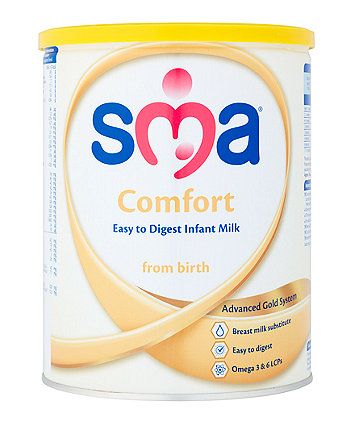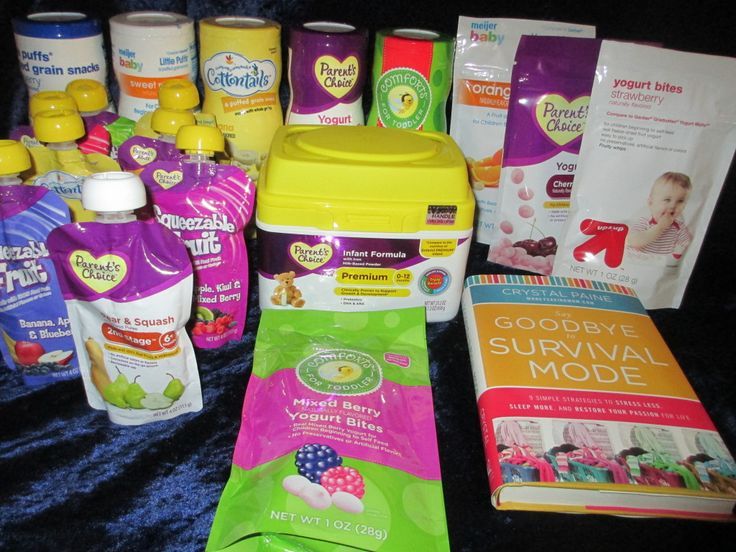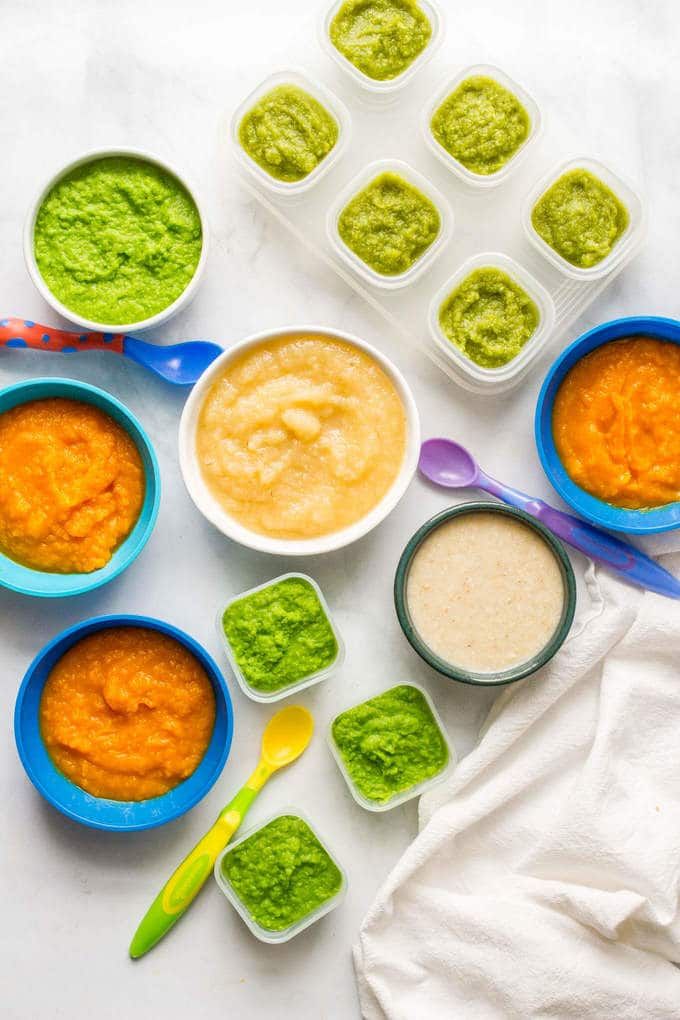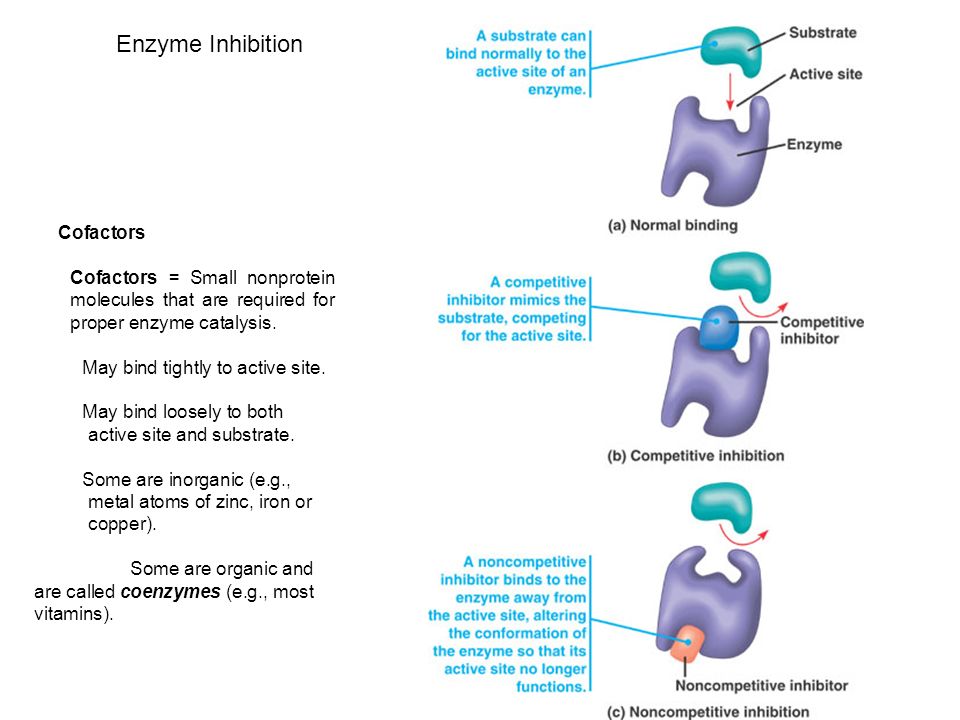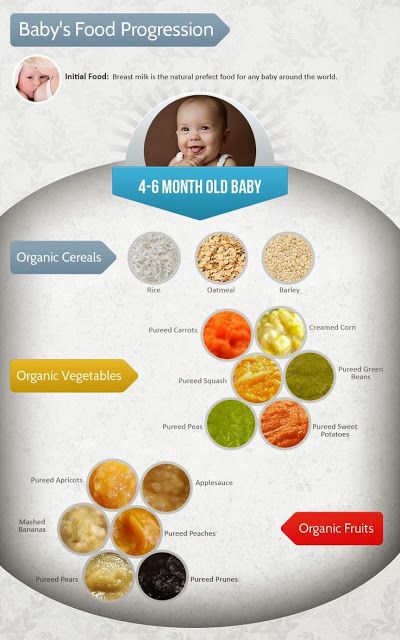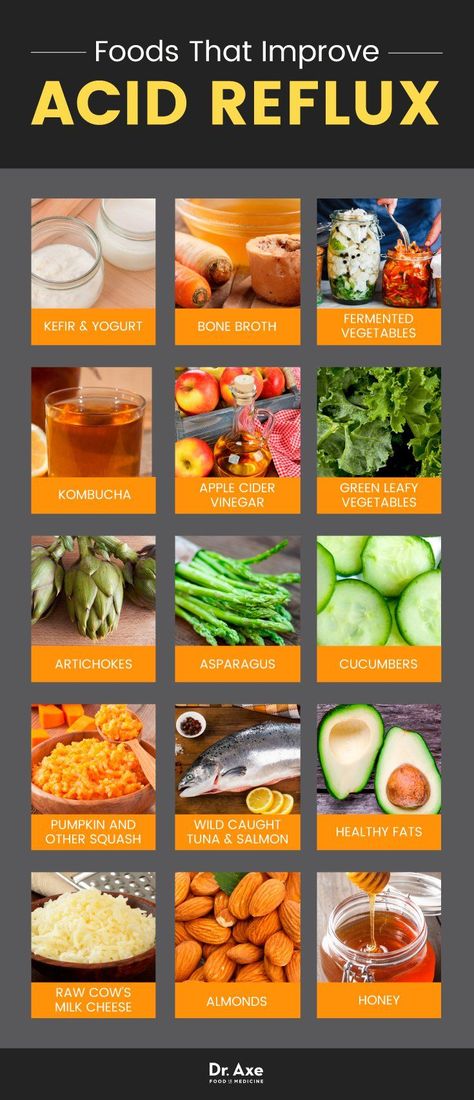When do babies stop formula feeds
When Do Babies Stop Drinking Formula?
When you think about cow’s milk and baby formula, it may seem like the two have a lot in common. And it’s true: They’re both (typically) dairy-based, fortified, nutrient-dense beverages.
So there’s no one magical day when your baby will wake up ready to make the leap from formula to straight cow’s milk — and, for most kids, there probably won’t be an a-ha moment when they cast the bottle aside in favor of a cup. Still, there are some basic guidelines for when to transition to whole milk.
In general, experts recommend weaning your baby off of formula and onto full fat dairy milk at around 12 months of age. However, like most baby-raising standards, this one isn’t necessarily set in stone and can come with certain exceptions.
Here’s a look at when and how to get your little one moo-vin’ on up (yep, we went there) to milk.
The American Academy of Pediatrics (AAP) and American Academy of Family Physicians recommend that, in the year between 12 and 24 months old, babies should receive 16 to 24 ounces per day of whole milk. Prior to this time, you’ve probably been discouraged from giving your little one dairy milk — and for good reason.
Until about 1 year of age, infants’ kidneys simply aren’t strong enough to tackle the load cow’s milk throws at them. “Cow’s milk contains high amounts of protein and minerals, such as sodium, which are difficult for an immature baby’s kidneys to handle,” says Yaffi Lvova, RDN, of Baby Bloom Nutrition.
However — even though there’s no flip of a switch from “unready” to “ready” inside your baby’s body — around 12 months of age, their system becomes well-developed enough to digest regular milk. “By this point, the kidneys have matured enough to be able to process cow’s milk effectively and healthily,” says Lvova.
Besides, once your baby reaches 12 months, beverages can take on a different role in their diet. Whereas once your child depended on liquid formula or breast milk to meet their nutritional needs, they can now rely on solid foods to do this job. Beverages become supplemental, just like they are for adults.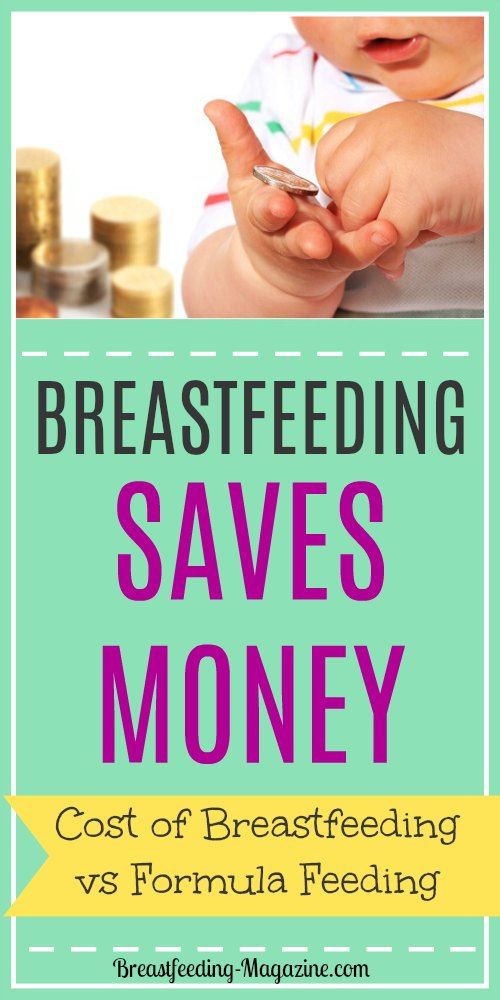
There may, of course, be special circumstances where your baby isn’t quite ready to start cow’s milk at age 1. Your pediatrician might instruct you to hold off temporarily if your baby has kidney conditions, iron-deficiency anemia, or developmental delays.
You may also be advised to give your baby 2 percent milk (rather than whole) if you have a family history of obesity, heart disease, or high blood pressure. But don’t do this without a doctor’s guidance — most babies should absolutely be drinking full fat milk.
Also, if you’re breastfeeding, introducing cow’s milk doesn’t mean you have to stop nursing.
“If a mother is interested in continuing the breastfeeding relationship, or in feeding the 12-month-old pumped breast milk instead of switching to cow’s milk, that is also an option,” says Lvova. Just consider this another healthy, supplemental beverage for your growing kiddo.
And now the million-dollar question: How exactly do you make the transition from one creamy drink to the other?
Thankfully, you don’t have to stealthily remove baby’s favorite bottle the minute they blow out the candle on their first birthday cake. Instead, you may prefer to switch from formula to milk somewhat gradually — especially since some babies’ digestive tracts take a little time to get used to a steady intake of cow’s milk.
Instead, you may prefer to switch from formula to milk somewhat gradually — especially since some babies’ digestive tracts take a little time to get used to a steady intake of cow’s milk.
“In cases where a child experiences tummy upset or constipation, mixing breast milk or formula with cow’s milk may smooth the transition,” says Lvova. “I recommend starting with 3/4 bottle or cup breastmilk or formula and 1/4 bottle or cup cow’s milk for a few days, then increasing to 50 percent milk for a few days, 75 percent milk for a few days, and finally giving the baby 100 percent cow’s milk.”
According to the AAP, babies from 12 to 24 months should receive 16 to 24 ounces of whole milk every day. It’s possible to break this up into numerous cups or bottles throughout the day — but it may be easier and more convenient to simply offer two or three 8-ounce servings at mealtimes.
Despite their apparent similarities, formula and cow’s milk do have notable nutritional differences. Dairy milk contains more protein and certain minerals than formula. On the other hand, formula is fortified with iron and vitamin C in the appropriate amounts for infants.
On the other hand, formula is fortified with iron and vitamin C in the appropriate amounts for infants.
However, now that your baby is eating solid food, their diet can fill in any nutrition gaps left by transitioning off formula.
At this point, both formula and milk are just a part of baby’s overall healthy eating, which can now include fruits, vegetables, whole grains, meats, legumes, and additional dairy products besides milk.
If you know your baby has a milk allergy, you may be wondering about your options when it’s time to say goodbye to formula. Traditionally, soy milk has been an acceptable substitute for dairy milk at this age because of its comparable protein content.
These days, though, a host of alternative milks on grocery shelves can crowd the decision of which one to give your baby — and they’re not all created equal.
Many alternative milks — like rice milk and oat milk — contain added sugars and nowhere near the protein content of dairy or soy.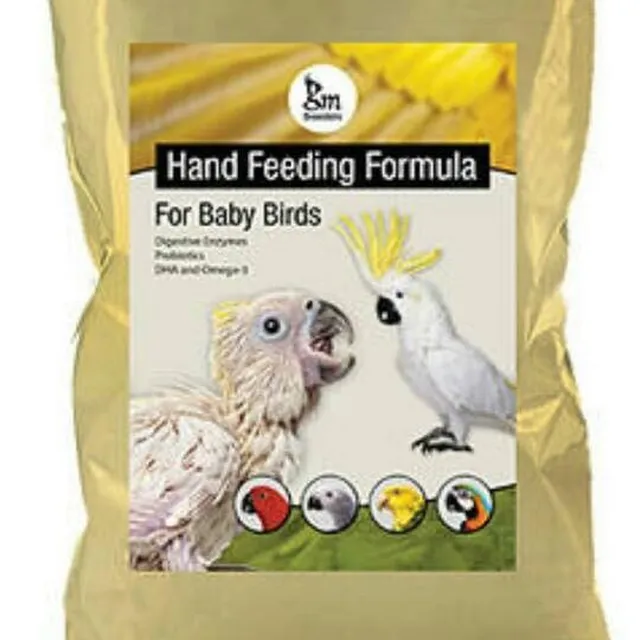 They also don’t often get fortified with the same extra nutrients that get put into cow’s milk. And many are far lower-calorie than soy or dairy — possibly a boon for adults, but not necessarily what a growing baby needs.
They also don’t often get fortified with the same extra nutrients that get put into cow’s milk. And many are far lower-calorie than soy or dairy — possibly a boon for adults, but not necessarily what a growing baby needs.
If cow’s milk isn’t an option for your baby, an unsweetened soy milk is a solid choice, but talk to your pediatrician about the best alternative.
Now that your kiddo has more autonomy — and some new words in their vocabulary — it’s likely that, before long, they’ll be asking for other drinks besides milk.
So can you occasionally give in to the requests for juice or a sip of your soda? Best not to.
“Juice can be used medicinally to treat constipation, often a concern during this time as the child adapts to cow’s milk,” says Lvova. Other than that, skip the sweet drinks. “Juice for pleasure or hydration isn’t encouraged because of its sugar content in the absence of other nutrition.”
The AAP concurs, saying, “the best choice beverages are really simple: plain water and milk.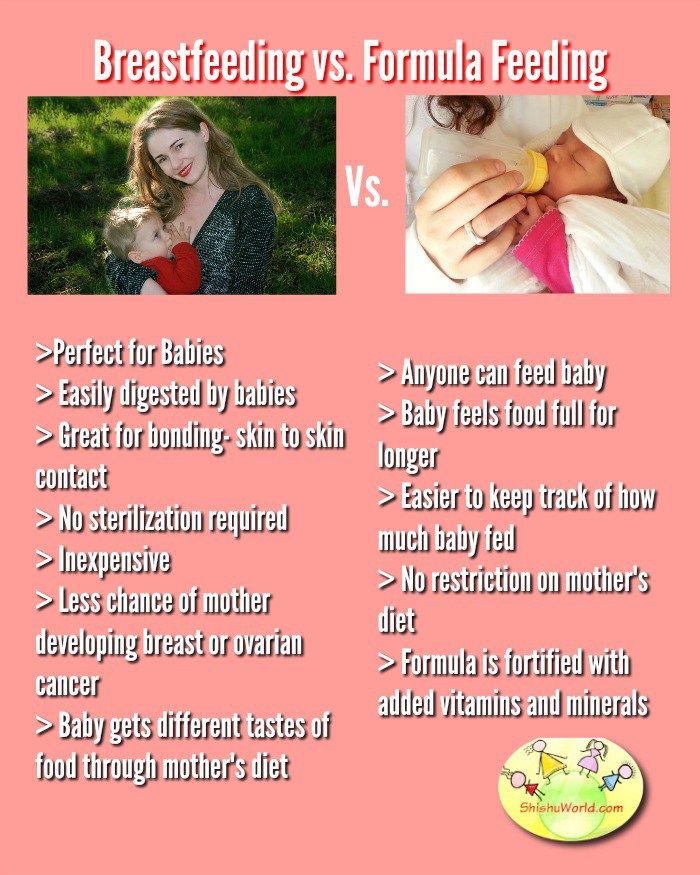 ”
”
Just like how — in your humble opinion — nobody has cuter dimples or a more irresistible smile than your little one, no baby is quite like yours in terms of development, either.
It’s possible that there may be reasons to delay switching your baby to whole milk — but most babies will be ready to transition at 12 months.
Ease into the transition with a mix of formula and milk over a couple of weeks, and talk to your pediatrician if you have questions or concerns.
When Do Babies Stop Drinking Formula?
When do babies stop drinking formula? This is a question every parent of a formula-fed baby asks themselves, as there will come a time when your little one is ready to make the big switch to milk. Would you like to know how long babies drink formula and how to transition from formula to milk? We’ve got you covered with all the answers to these common questions and more!
How Long Do Babies Drink Formula?
So, at what age do babies stop drinking formula? The general rule of thumb is to start transitioning from formula to cow’s milk at 1 year, but not anytime sooner.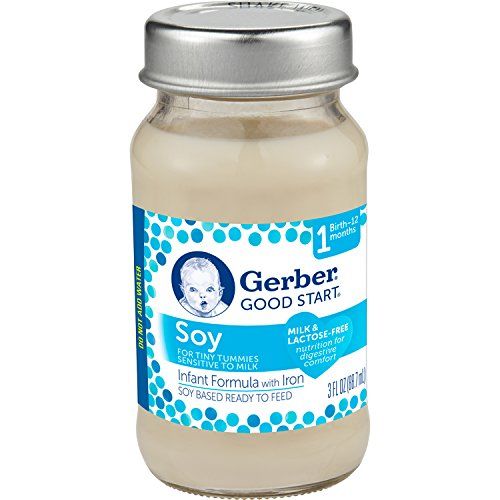 During the first year of life, babies experience rapid growth and development and require nutrient-rich breast milk or formula to supply what’s necessary and essential to support their development. Though nutritious, cow’s milk can’t be digested by babies younger than 1.
During the first year of life, babies experience rapid growth and development and require nutrient-rich breast milk or formula to supply what’s necessary and essential to support their development. Though nutritious, cow’s milk can’t be digested by babies younger than 1.
How to Transition From Formula to Milk
Switching from formula to milk is fairly straightforward—you simply swap the two! This is because formula and milk are nutritionally similar. Of all the formulas sold in the United States, 8 out of 10 are cow’s milk-based formulas. Manufacturers make formula digestible and adequately nutritious for newborns by treating and fortifying it. And since babies can start drinking milk only when their digestive systems are ready, formula will get them through that first year. By the time your little one is 12 months, they’ll be ready to enjoy nutritious cow’s milk!
To learn more about how your little one will develop through the years, check out our baby growth calculator below!
Introducing Solids: 6 Months
Prior to the transition from formula to milk, you’ll expand your baby’s menu by incorporating a few solid foods into their diet, usually when your little one is about 6 months old. This will help your child (and their digestive system) get used to trying new flavors.
Here’s what to do at 6 to 12 months, before you begin switching from formula to milk:
This will help your child (and their digestive system) get used to trying new flavors.
Here’s what to do at 6 to 12 months, before you begin switching from formula to milk:
Introduce solid foods. At about 6 months, you can start introducing baby-friendly solid foods to your little one. The nutrients in these soft, small foods will balance nicely with those found in formula.
Pair solids with formula. From 8 to 12 months, babies need just 22 to 32 ounces of formula each day. The rest of your little one’s diet will consist of solid foods.
As your baby gets used to this new smorgasbord of foods, you can simply swap the formula for milk. It doesn’t have to be a gradual process unless that better fits your little one’s needs.
Making the Transition: 12 Months
At 12 months, your baby is ready to make the full switch to milk. However, as your little one starts drinking milk, you may notice a few changes in feeding behavior.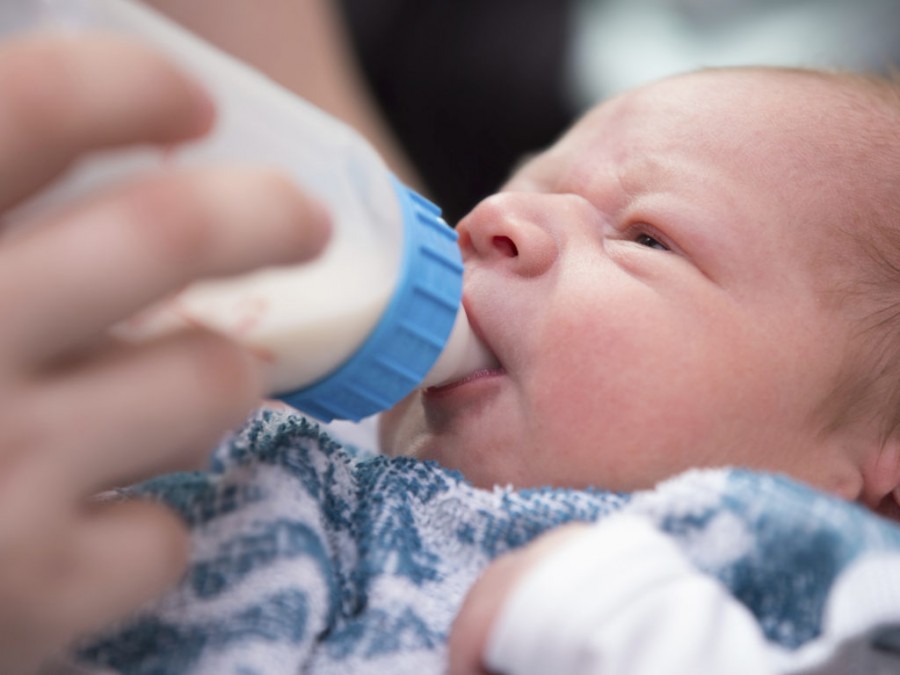 Here are a couple of things to keep in mind:
Here are a couple of things to keep in mind:
A reduced appetite is normal. As your baby develops, their rate of growth starts to slow down, and you may notice a reduced appetite. This is totally normal, and at 1 year, your little one really only needs about 1,000 calories a day to support their development.
It’s OK to be picky about food. Maybe your toddler won’t want to eat all the food on their plate, and that’s OK! What’s more important is consuming nutrient-dense milk and letting your baby lead the way by experimenting with other flavors in solid foods.
Adding one-half to one cup of whole or 2 percent milk to each meal or snack will do the trick. In total, aim for about three cups of milk each day.
And it’s really that simple! Your baby may even prefer the taste of cow’s milk to formula. The challenge in getting your toddler to eat is less about how to transition from formula to milk and more about your little one becoming accustomed to and enjoying a varied diet of solid foods.
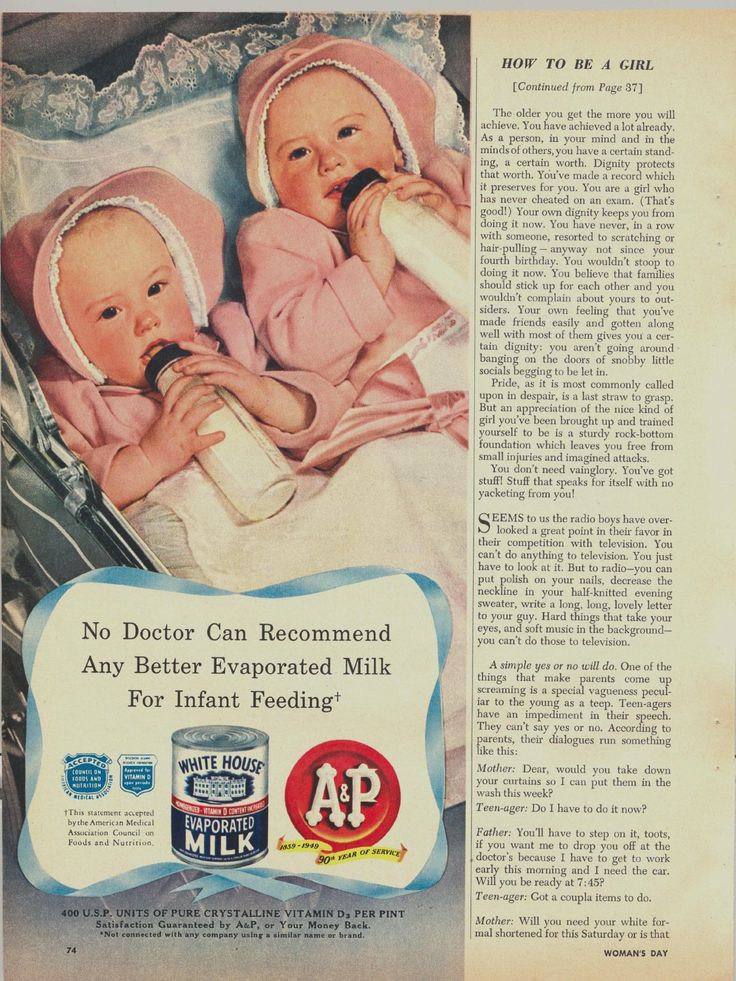 Read more about your baby’s first solid food and how to introduce solids into your little one’s feeding schedule.
Read more about your baby’s first solid food and how to introduce solids into your little one’s feeding schedule.
Alternatives to Cow’s Milk
There are a few reasons you might choose an alternative to cow’s milk as you start transitioning from formula to milk. Some babies may have lactose intolerance or a milk allergy. Perhaps your little one simply doesn’t like the taste, or maybe your family prefers to avoid animal products. A fortified, unsweetened soy milk is often recommended as a substitute for cow’s milk. There are other plant-based options that may or may not contain the right amount of protein and vitamins to support healthy growth. If you’d like to use an alternative to cow’s milk, consult your healthcare provider to make sure your baby is getting the nutrients they need.
How to Start Weaning Your Baby Off Formula
Luckily, the process of transitioning from formula to milk is fairly simple. However, there are a few tips to make the switch as smooth as possible as you wean your baby off formula.
Weaning typically refers to the gradual transitioning from breast feeding to bottle feeding; in this case, it can also refer to preparing your baby to switch from formula to milk.
Although you can simply swap formula for milk, here are a few things you can do to get ready for the big change!
However, there are a few tips to make the switch as smooth as possible as you wean your baby off formula.
Weaning typically refers to the gradual transitioning from breast feeding to bottle feeding; in this case, it can also refer to preparing your baby to switch from formula to milk.
Although you can simply swap formula for milk, here are a few things you can do to get ready for the big change!
Diversify flavors. The first step is to use solid foods to diversify flavors and get your baby used to eating new foods. As mentioned above, this can typically start at about 6 months.
Practice hand coordination. As your baby starts to eat solids, let them use a spoon independently. This will help your little one build coordination and fine motor skills for eating on their own and using a cup when drinking milk.
Transition to a cup. Many parents wonder when a baby should stop using a bottle. You can introduce a cup once your baby has the necessary coordination and hand skills, which could be as early as 6 months.
 After practicing eating with fingers and a spoon, your baby may be ready to completely self-feed and drink from a cup at around 1 year.
After practicing eating with fingers and a spoon, your baby may be ready to completely self-feed and drink from a cup at around 1 year.
Start gradually by letting your baby hold a cup and get a feel for it. Then put a little formula in it and show them how to tip it back and sip. Use a baby-friendly sippy cup to help avoid spills and dribbles!
Once your baby has the hang of it, change one bottle feeding to a cup each day and work your way up. Eventually, you can swap every bottle for a cup.
Every child is different, and your baby may not want to drink from a cup right away. Be patient, as your little one may need 6 months or more to make the full transition.
Transitioning Gradually From Formula to Milk
Some babies need a little more time to make the switch from formula to milk, and that’s OK! Simply introduce milk little by little. Be patient and know that your toddler is on the right path.
In the end, what’s most important is offering your little one food with a variety of nutrients, flavors, and textures throughout the week. No need to worry if you have a picky eater on your hands. Within an entire week—believe it or not—it usually works out, and even the pickiest eaters will most likely get the nutrients they need!
No need to worry if you have a picky eater on your hands. Within an entire week—believe it or not—it usually works out, and even the pickiest eaters will most likely get the nutrients they need!
When Do Toddlers Stop Drinking Milk?
Once you’ve made the switch, and your little one is drinking milk every day, the next question on your mind could be: when do toddlers stop drinking milk? This common question has a complex answer. Milk is an important source of fats, protein, calcium, and vitamins A and D, and children of any age as well as adults can continue to drink it for the rest of their lives if they wish. However, lactose intolerance can appear later in life, typically in older children and adults. So, just watch for signs of digestive discomfort and talk to your healthcare provider if you suspect an intolerance or allergy to milk. During the stage when your child is drinking milk, it’s helpful to know how much of it a toddler typically needs:
12-24 Months: Three cups per day.
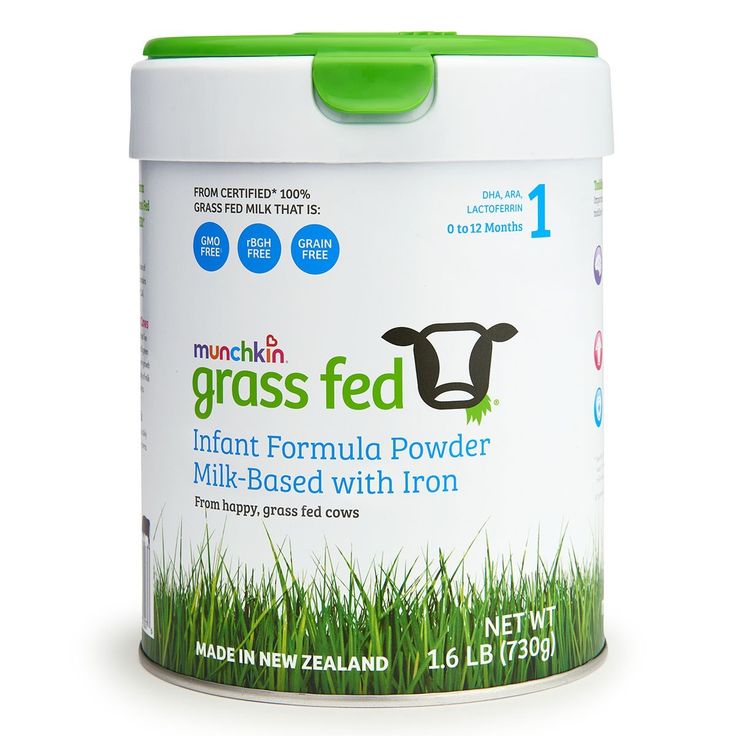
24+ Months: Two cups per day.
At 24 months, your child is getting important nutrients from other sources, like solids. So, you can lower the amount of milk they consume.
The Bottom Line
So, when do babies stop drinking formula? The answer is surprisingly simple! At about 12 months, your baby’s digestive system is ready to start processing nutrient-rich cow’s milk. And transitioning from formula to milk is even easier—just swap it!
Before you make the transition, you can introduce new flavors via solid foods to your little one at around 6 months. And once your baby develops coordination and hand skills, start the gradual move to a sippy cup. This will all help ease the process of switching from formula to milk.
Read more about baby development milestones as your little one grows from a bottle-loving newborn to a self-feeding toddler!
Up to what age to feed the baby at night and how to replace formula
Baby formula is only a forced measure to replace mother's milk in the absence of sufficient lactation or underweight in the baby. In all other respects, the infant formula feeding algorithm remains the same as with breastfeeding. The baby also needs nightly feedings about every 3-4 hours. This is due to scientifically proven facts. Babies up to a year old have an accelerated metabolism, food is digested faster, and naturally, they experience hunger at night. Also, any anxiety of the baby at night forces him to demand his mother's participation, and of course - food as a sedative. There is even a theory that children are genetically woken up to eat to avoid "Sudden Infant Death Syndrome" in their sleep.
In all other respects, the infant formula feeding algorithm remains the same as with breastfeeding. The baby also needs nightly feedings about every 3-4 hours. This is due to scientifically proven facts. Babies up to a year old have an accelerated metabolism, food is digested faster, and naturally, they experience hunger at night. Also, any anxiety of the baby at night forces him to demand his mother's participation, and of course - food as a sedative. There is even a theory that children are genetically woken up to eat to avoid "Sudden Infant Death Syndrome" in their sleep.
But also can't it continue indefinitely? The child grows, develops actively, from the age of 6 months receives a variety of complementary foods, and over time should form a normal daily routine. And for this you need to figure out: how to wean a child at night to eat the mixture in the most gentle ways.
Up to what age to give the mixture at night
Experts differ on this issue, but the average age when you can do without night feedings is nevertheless deduced.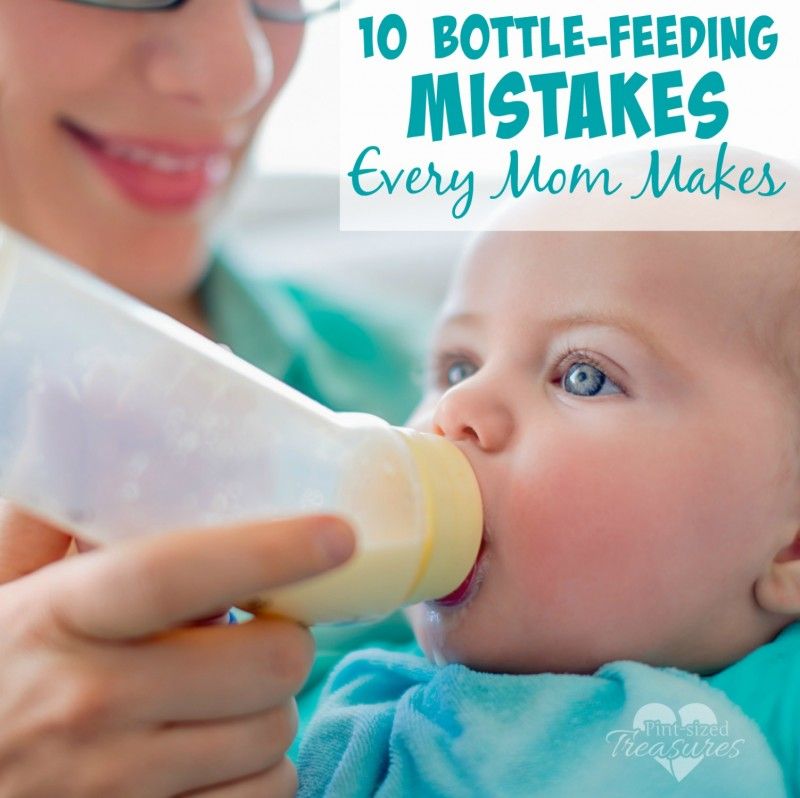 Infants with normal development can sleep peacefully at night without formula 10-12 hours from 9-12 months. Of course, if parents do not consider it necessary to restrict their child in nutrition, they can safely continue to feed their child at night and beyond. But they must be aware that, firstly, over time, these periods of eating become just a habit for the baby. And secondly, mothers should also think about their own well-being after sleepless nights. So, the approximate age of weaning a child from night feedings has been determined, it remains to find out how to replace the mixture for the night after a year for the first time of the transition to a new regimen.
Infants with normal development can sleep peacefully at night without formula 10-12 hours from 9-12 months. Of course, if parents do not consider it necessary to restrict their child in nutrition, they can safely continue to feed their child at night and beyond. But they must be aware that, firstly, over time, these periods of eating become just a habit for the baby. And secondly, mothers should also think about their own well-being after sleepless nights. So, the approximate age of weaning a child from night feedings has been determined, it remains to find out how to replace the mixture for the night after a year for the first time of the transition to a new regimen.
Night formula alternative
Formula feeding formula is extremely nutritious and delicious for your baby. Therefore, the nightly replacement should be unequal, so that the baby subsequently feels that he does not need to wake up for such food. For these reasons, many mothers, thinking about how to replace the mixture for the night, use not the best products.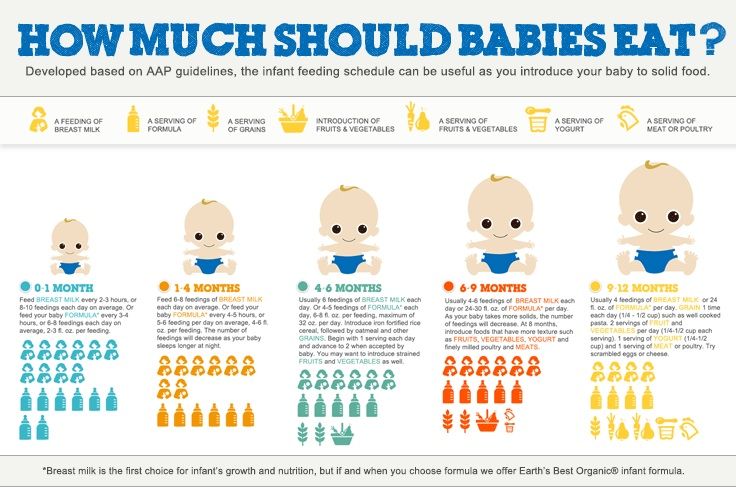 It is strongly not recommended to use compotes or juices, because the ultimate goal is a complete and painless rejection of night food. In addition, fruit drinking can cause flatulence and abdominal pain - not the most favorable factors for restful sleep.
It is strongly not recommended to use compotes or juices, because the ultimate goal is a complete and painless rejection of night food. In addition, fruit drinking can cause flatulence and abdominal pain - not the most favorable factors for restful sleep.
It is better to replace the traditional food at first with a well-diluted mixture, and then with pure water. At the same time, you need to try to slightly shift the period of falling asleep and provide the child with peace and a hearty dinner before going to bed. During the gradual transition to a new way of life, it is not necessary to immediately offer a diluted mixture to the awakened baby at night, it is better to try to calm him down in a different way - caress, rock him. And since night meals a priori will cease to be delicious food, the child himself will gradually forget about it, but the wise human body will be rebuilt anyway.
When do babies stop being fed milk or formula?
When children stop ...
42 answers Remove
#1
#2
#3
#4
And on the topic, that means up to a year.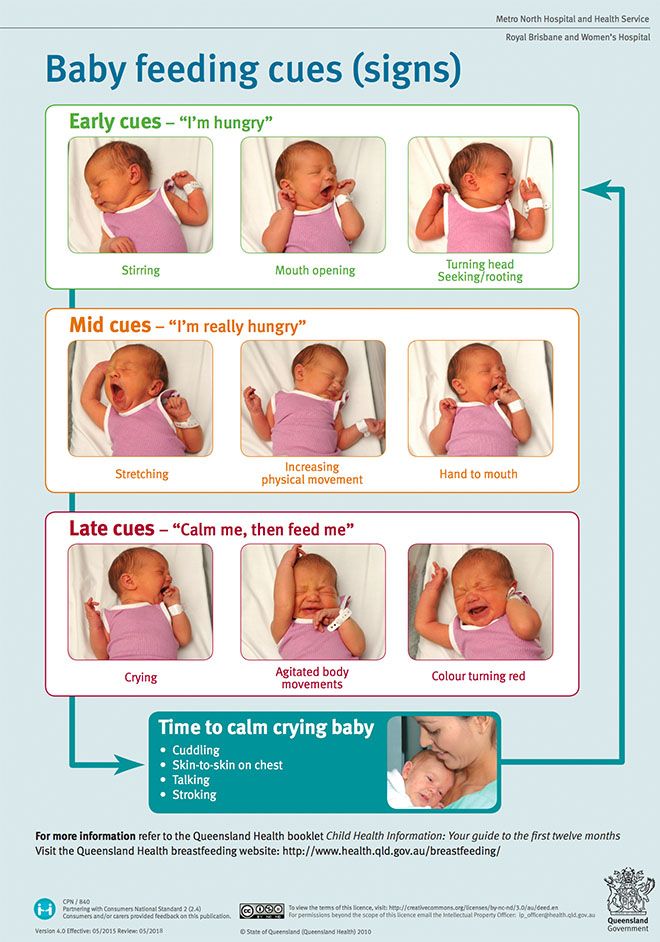 .. understandable.
.. understandable.
#5
#6
9000 #7
#8
#9,0003
#10
#11
Remove from breast milk and formula in a year and a half, gradually transferring to diluted cow or goat milk from a year.
Introduce complementary foods closer to six months.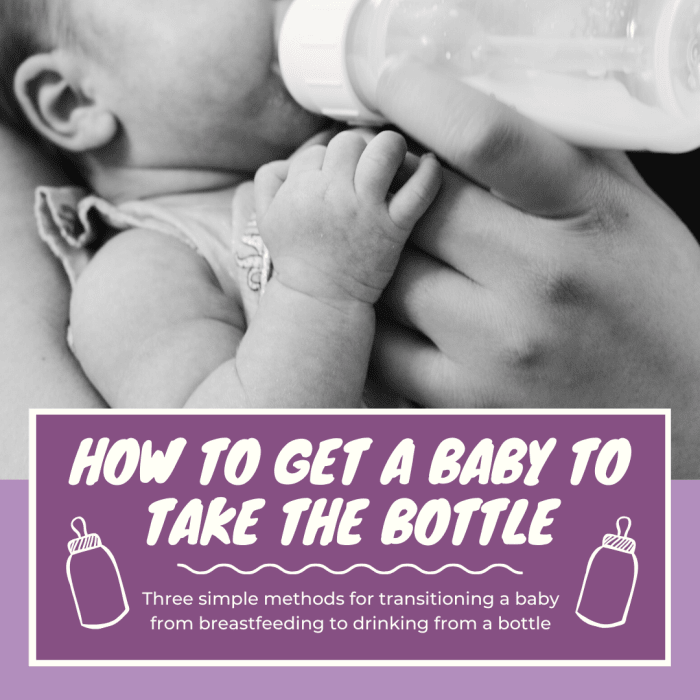 Very neat, one product per week. Start with cereals and vegetable purees. Do not give juices for up to a year at all, destroy the pancreas, causing uncontrolled allergies in the future, you won’t even guess why this happened. Start with fruit purees, then add dried fruit compote. Add meat at 7-9months.
Very neat, one product per week. Start with cereals and vegetable purees. Do not give juices for up to a year at all, destroy the pancreas, causing uncontrolled allergies in the future, you won’t even guess why this happened. Start with fruit purees, then add dried fruit compote. Add meat at 7-9months.
#12
#13
MIS
everything depends on my allergy, so it was allergic later, so the feeding became lifetime later to introduce, but still it seems to me that it is better to start from 6 months, until this time, mother's milk is quite enough, and there is no point in overloading the child's digestive system once again
#22
Woman.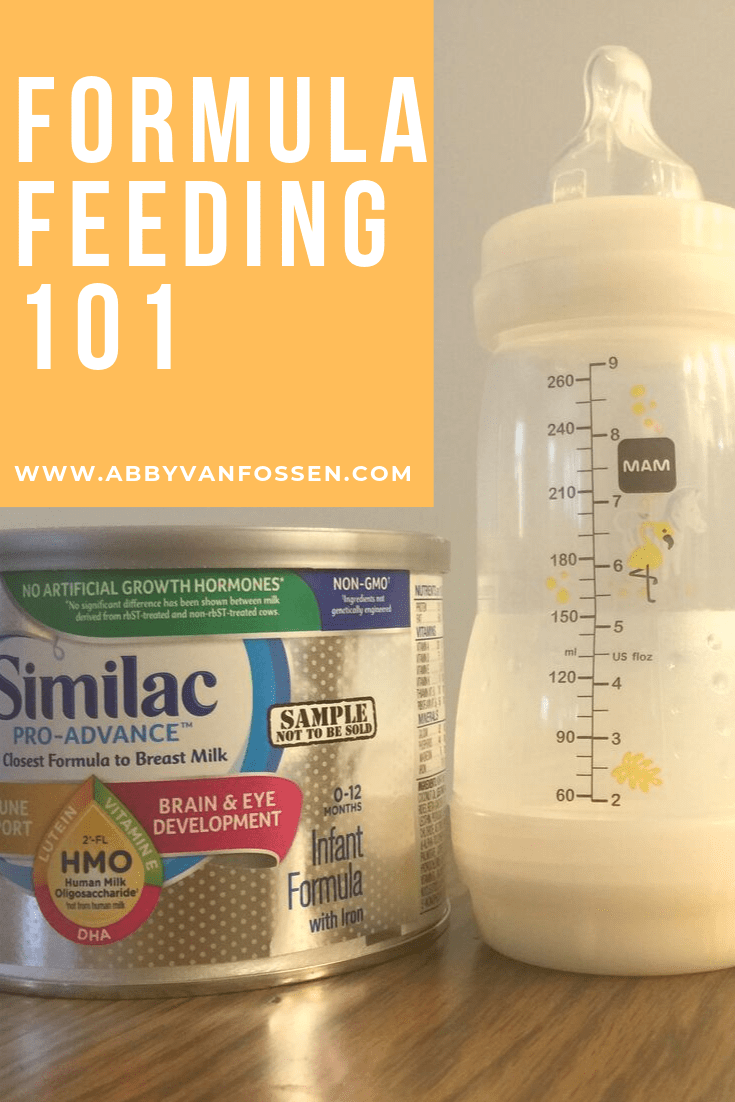 ru experts
ru experts
-
Galimov Ildar
Family psychologist
88 answers
-
Vyacheslav is rich
Certified practitioner...
310 responses
-
Maria Burlakova
Psychologist
67 answers
-
Nikita Nosov
Practicing psychologist
29 answers
-
Nidelko Lyubov Petrovna
Practicing psychologist
227 answers
-
Alla Buraya
Psychologist
35 answers
-
Nikitina Anna Viktorovna
Specialist of Oriental practitioners
31 answers
-
Maxim Sorokin
Practicing psychologist
616 responses
-
Daria Gorbunova
Practicing psychologist
142 answers
-
Novikova Olga Dmitrievna
Practicing psychologist for .
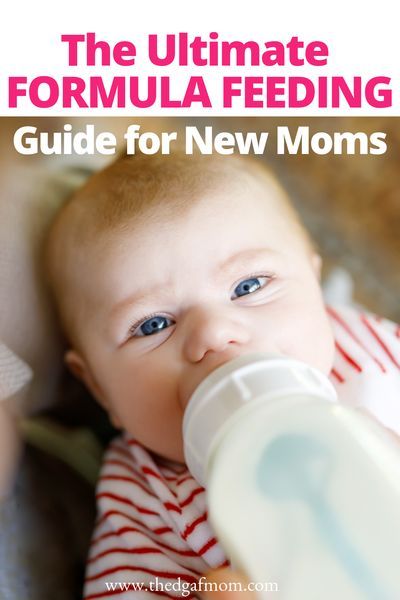 ..
.. 13 answers
#23
There is near universal agreement that complementary foods should not be started before 4 months of age and should not be delayed until after 6 months of age. In the resolutions of the World Health Assembly in 1990 and 1992. ╚4√6 months╩ is recommended, while the 1994 resolution recommends ╚about 6 months╩. Several more recent WHO and UNICEF publications use both formulations. A WHO review (Lutter, 6) concluded that the scientific basis for the 4√6 month recommendation was not well documented. In a recent WHO/UNICEF report on complementary feeding in developing countries (7), the authors recommended that full-term infants be exclusively breastfed until about 6 months of age.
#24
When deciding whether the recommendation should be 4√6 months or approximately 6 months, it is necessary to evaluate how parents or healthcare professionals interpret this.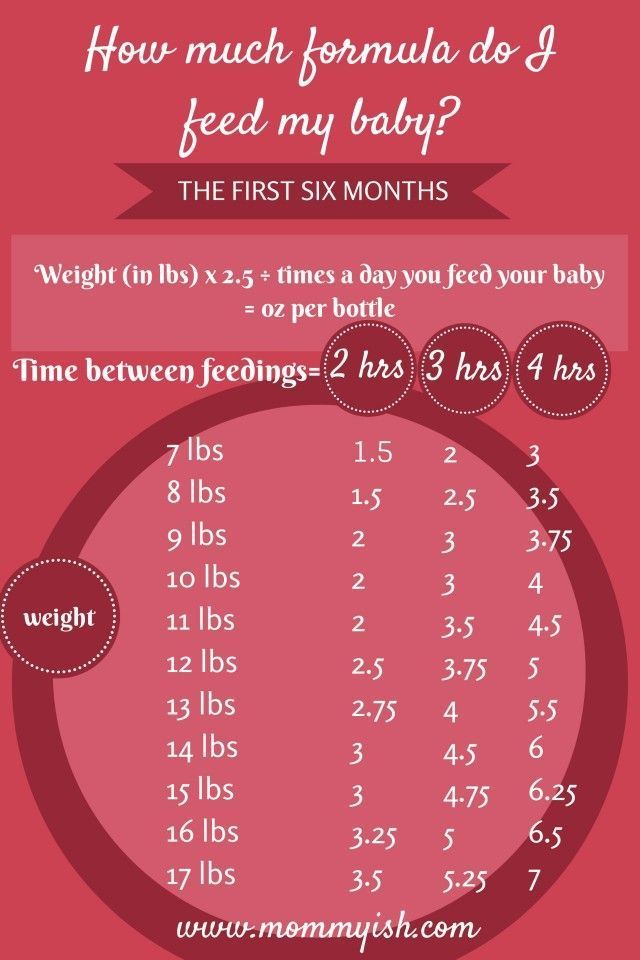 Health care providers may misinterpret the advice and encourage the introduction of complementary foods by 4 months, just "just in case". As a result, parents may think that their children should be eating complementary foods by 4 months of age and therefore begin to introduce “new flavors” of food before 4 months of age (7). Therefore, national authorities should evaluate how their recommendations are interpreted by parents and health professionals.
Health care providers may misinterpret the advice and encourage the introduction of complementary foods by 4 months, just "just in case". As a result, parents may think that their children should be eating complementary foods by 4 months of age and therefore begin to introduce “new flavors” of food before 4 months of age (7). Therefore, national authorities should evaluate how their recommendations are interpreted by parents and health professionals.
#25
#26
Unreliable stories
-
I am infuriated with her children and grandchildren ...
367 answers
-
The man immediately warned that all property was recorded on children
530 answers
-
Such a salary - I do not want to work
348 answers
-
Lies 22 years long.
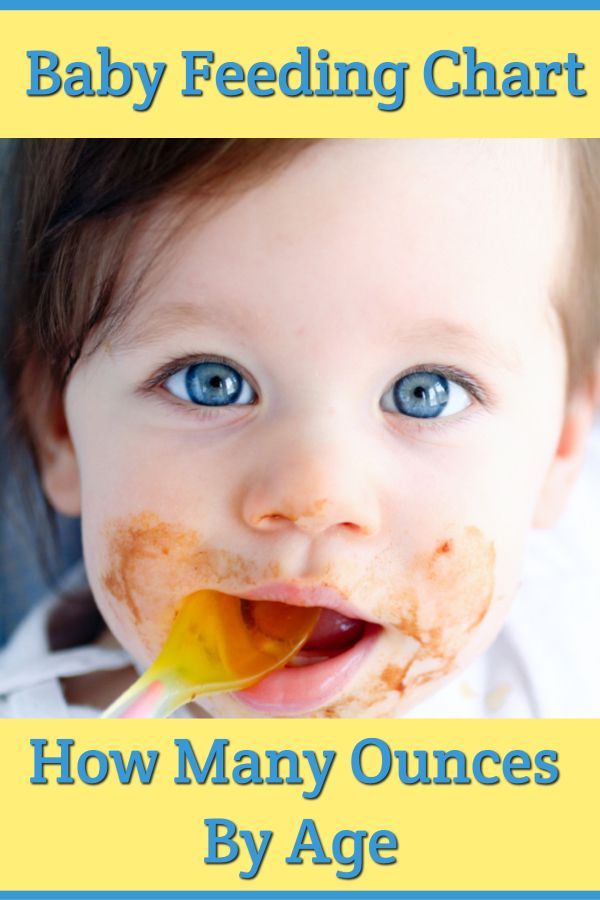 How to destroy?
How to destroy? 675 answers
-
Husband left, 2 months of depression... How will you cope if you are left all alone?
156 answers
#27
#30
spleen
My daughter is seven years old. We still give the mixture in the evening before bed. I don't see anything wrong with that. A child in her age is in any case supposed to receive 500 mg of milk and dairy products. I think this issue should be decided individually. I know, for example, it is not recommended to tear a child from the chest if he has rickets. And if there is someone in the family with breast cancer (t-t-t!), Then it is better for the mother to feed the child to the last.